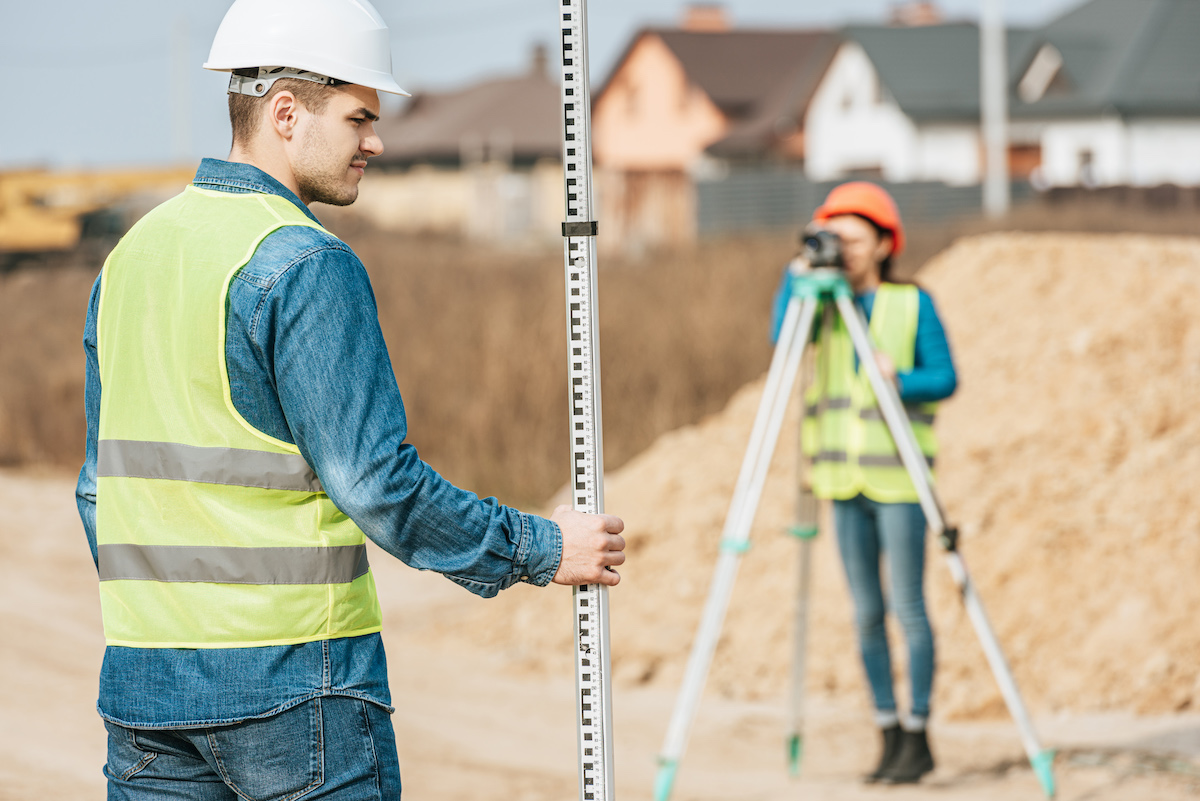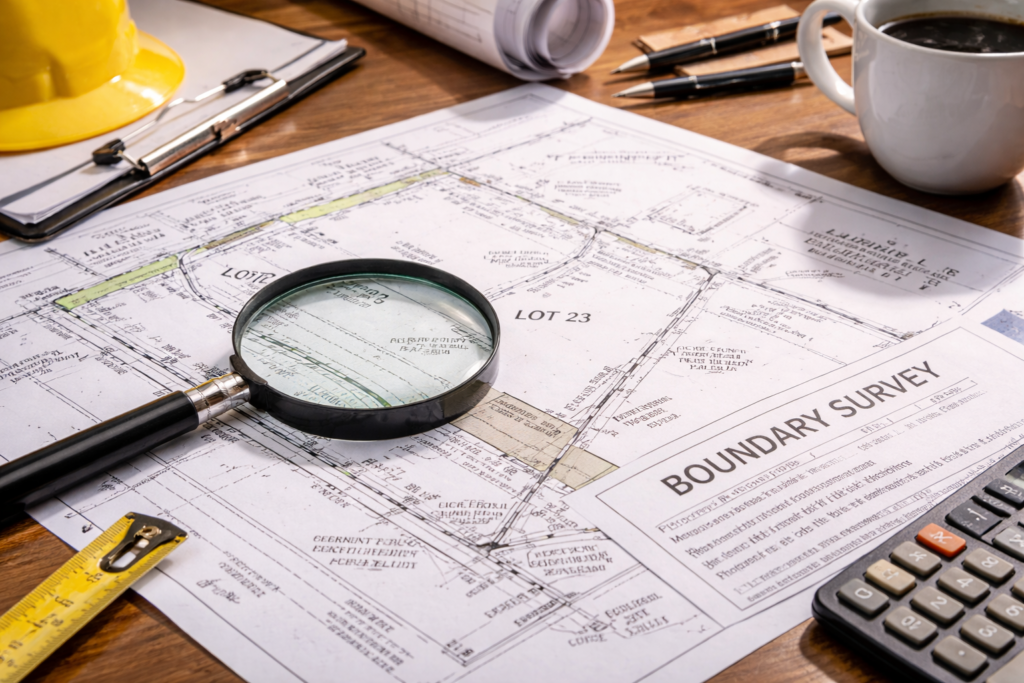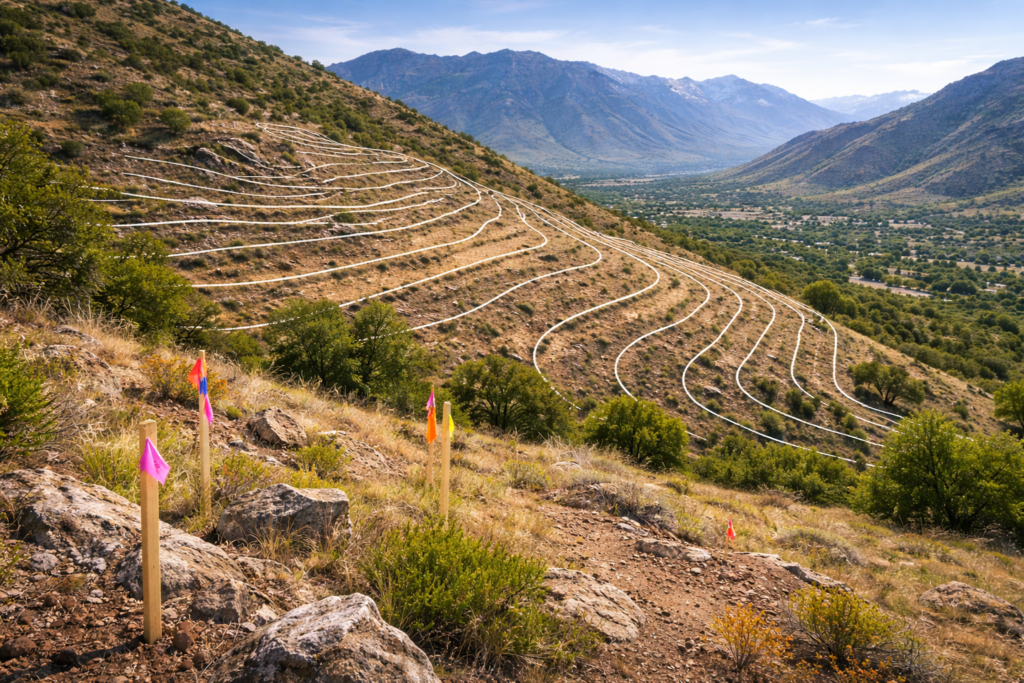Land surveying is a critical field that combines the precision of science with the unpredictability of the natural and built environment. Particularly in diverse locales like Salt Lake City, Utah, surveyors face a unique set of challenges that can make the job demanding. This article explores what professionals consider the most difficult aspects of land surveying, shedding light on the complexities of this essential field.
Navigating the Physical and Environmental Challenges
Difficult Terrain
One of the primary challenges in land surveying is dealing with difficult and often unpredictable terrain. In Utah, land surveyors may encounter everything from dense urban areas to remote desert landscapes:
- Mountainous Regions: Surveying in mountainous areas can be physically demanding and requires precise altitude measurements.
- Urban Complexity: Navigating through busy cityscapes like Salt Lake City involves managing numerous obstacles, from buildings to bustling traffic.
Adverse Weather Conditions
Weather plays a significant role in the difficulty of land surveying:
- Variable Climate: Utah’s climate can range from hot and dry summers to cold, snowy winters, each bringing its own set of challenges for fieldwork.
- Impact on Equipment: Extreme weather conditions can also affect the functionality and accuracy of surveying instruments.
Technological and Methodological Complexities
Keeping Up with Technological Advances
Land surveying technology is continually evolving, and staying current can be a challenge:
- Advanced Equipment: Modern surveying equipment like GPS, drones, and laser scanners offer advanced capabilities but require regular updates and training.
- Software Proficiency: Surveyors must also be proficient in various software for data processing and mapping, which are frequently updated. Learning more about modern surveying technology can be achieved through resources provided by companies like Trimble.
Legal and Regulatory Hurdles
Navigating Legal Requirements
Understanding and adhering to the legal aspects of land surveying add another layer of complexity:
- Property Laws: Surveyors must be well-versed in local and state property laws, which can vary significantly and have substantial implications for their work.
- Boundary Disputes: Resolving disputes requires not only precision in measurement but also diplomacy and legal knowledge. Information on surveying standards and legal disputes can be explored further through the National Society of Professional Surveyors.
Dealing with Public and Client Expectations
Managing Client Expectations
The discrepancy between client expectations and the practical realities of land surveying can be challenging:
- Educating Clients: Surveyors often need to educate clients about what is feasible and realistic, aligning expectations with the technical limitations and regulatory requirements of the field.
Balancing Accuracy and Efficiency
Delivering precise results efficiently is one of the toughest balances to strike in land surveying:
- Time Constraints: Working under tight deadlines while ensuring the highest level of accuracy can be stressful and demanding.
Conclusion: The most difficult aspects of land surveying stem from a combination of environmental challenges, technological and methodological complexities, and the intricate web of legal and client relations. These challenges necessitate a high level of expertise, adaptability, and continual learning, which make land surveying both a demanding and rewarding profession. For those in the Salt Lake City area seeking expert surveying services that navigate these complexities proficiently, Cook Surveying offers comprehensive solutions tailored to meet diverse needs.
External Links:
- Discover more about land surveying standards and practice at the American Congress on Surveying and Mapping.
- Learn about local surveying guidelines and professional support from the Utah Council of Land Surveyors.




